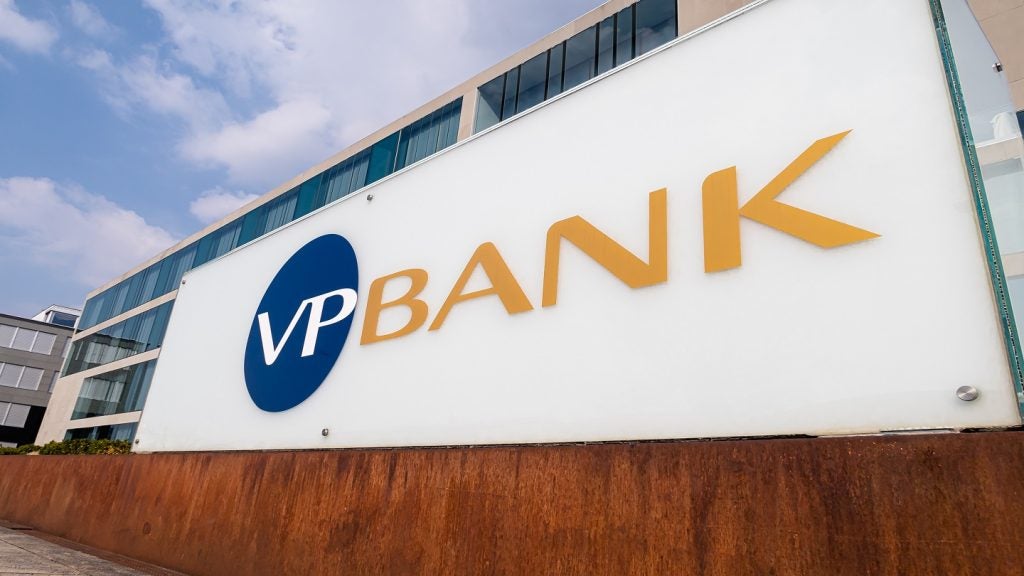Swiss bank BSI saw assets under management
(AuM) drop 2.4% to CHF 76.2bn ($84.5bn) in 2010 but reported
high-growth in its emerging markets, especially Asia.
The weakening of the euro and Swiss franc
contributed to the AuM fall, although net new money reached
CHF5.5bn that offset outflows (CHF 1.7 billion) in the wake of the
Italian tax amnesty.
The bank highlighted the strong performance of
its Asian operation, noting that BSI had increased its employee
numbers from 50 to 280 in 18 months with the Singapore office
having the largest number of employees after its Lugano
headquarters.
Singapore staff rise linked to RBS Coutts
defection
Many of BSI’s Singapore office will be ex-RBS
Coutts staff who followed the former head of RBS Asian operations,
Hanspeter Brunner, to BSI.
Up to 70 staff were said to follow Brunner
when he left the UK-based bank to move to BSI in
2009.
BSI has applied for a banking licence in Hong
Kong which it hopes will be authorised later this year. It already
operates an investment advisory company in Hong Kong.







